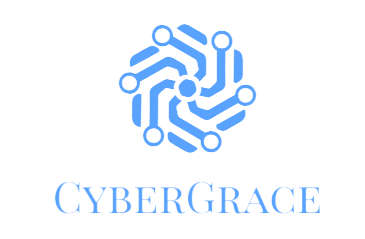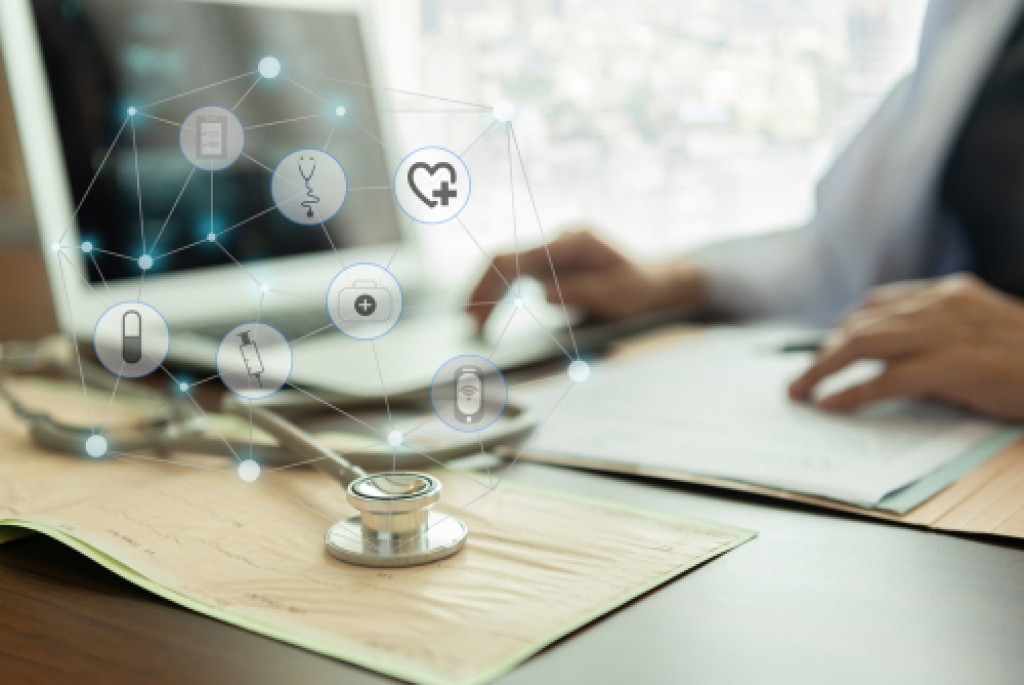- Telemedicine allows patients to access medical advice and diagnosis remotely, reducing stress associated with traditional doctor visits.
- Online appointment scheduling tools enable more efficient communication between providers and patients, resulting in faster diagnosis and fewer unnecessary office visits.
- AI-powered apps allow for better data analytics related to physical activity, sleep patterns, heart rates, and other vital signs.
- Wearable technology helps users monitor their health 24/7, while AI features can track calorie intake and remind individuals of wellness goals.
Maintaining good health is incredibly important for people in the short and long term. Good health can mean the difference between living a life of quality and fulfillment and being stuck with various illnesses or ailments. In addition to physical health, mental health plays an enormous role in overall well-being, affecting mood, thought processes, and behavior.
Around one in five people experience a mental or neurological disorder at some point. Mental illness is often misunderstood, leading to the stigma around seeking help and treatment. Mental conditions such as depression and anxiety can cause various symptoms that affect daily activities, such as sleeping, eating habits, and social interaction. This makes it difficult for those affected to lead everyday lives if left untreated.
In terms of physical health, poor lifestyle choices made by many individuals have led to an increase in preventable diseases. Diabetes is one of the most common chronic diseases worldwide; more than 425 million adults have diabetes globally, according to WHO figures from 2017. Regular exercise has been shown to reduce the risk of several chronic illnesses, including heart disease, stroke, hypertension, osteoporosis, and obesity—all of which are prevalent in today’s society.
Fortunately, health is more accessible now than ever. Here are a few advancements to take advantage of when striving for better health:
Telemedicine

Telemedicine is a revolutionary advancement in healthcare that has revolutionized how we access care. Telemedicine allows patients to receive medical advice and diagnosis from anywhere worldwide, using telecommunication technologies. This type of remote care can be highly beneficial for people with disabilities or those unable to travel for medical help due to distance or illness.
Telemedicine has enabled more efficient communication between providers and patients, allowing for faster and more accurate diagnoses. With telemedicine, doctors can conduct an initial consultation with a patient via video chat or phone call. During this consultation, doctors can ask questions, assess symptoms, and advise on how best to manage the situation. The ability to communicate with a doctor remotely reduces wait times in clinics and the need for travel when seeking medical attention. Additionally, it helps reduce expenses associated with unnecessary office visits by providing cost-effective solutions such as online consultations.
Online Appointments
There will be a lot of benefits should you set an online appointment. For one, the convenience of booking appointments without having to leave your home is invaluable – particularly for those with mobility issues or who need to take care of multiple children at once. By making it easier and more convenient to schedule medical visits, people are more likely to get the treatment they need when they need it.
In addition, online appointment scheduling tools allow patients and providers to exchange messages regarding treatment progress or updates on conditions so that everyone is better informed about all aspects of a patient’s health. This also helps reduce clinic wait times by eliminating the back-and-forth process of confirming appointments over the phone or through text messages.
The advancement is up front and center in the dental sector, with many people now able to book appointments from their homes. This has made it easier for those who don’t have access to a car or public transport and busy individuals who may find it challenging to fit in an appointment over a lunch break or after work hours. You can schedule a teeth replacement procedure online, making your experience more convenient than driving to the dentist’s office.
AI-Powered Apps

AI-powered apps are increasingly used to help people monitor their health and make better lifestyle choices. AI-powered apps use data from sensors and wearables such as smartwatches to track physical activity, sleep patterns, heart rates, and other vital signs. Here are a few ways AI can help with health management:
Data Analytics
Data analytics helps people track their health data over time, enabling them to monitor progress and look for trends. This can help identify when changes in lifestyle or diet are required to maintain optimal health.
AI-Powered Nutrition Coaching
AI-powered nutrition coaching enables users to get personalized advice on food choices, portion control, and other aspects of nutrition that may be hard to keep track of without a coach or mentor.
Mental Health Support
AI-powered apps can provide mental health support through cognitive behavioral therapy (CBT) and meditation exercises. CBT is a type of psychotherapy used to treat depression, anxiety, and other mental illnesses by helping patients recognize damaging thought patterns and replacing them with positive ones.
Wearable Technology
There might be overwhelming options regarding wearable technology, but ultimately they can be incredibly helpful in improving your health. These devices allow you to monitor your heart rate, sleep patterns, and other vital signs 24/7 so that any changes or irregularities can be detected early on. This helps you better understand how the body is functioning, enabling you to make changes as needed. Additionally, some wearables come with AI-powered features such as calorie tracking and activity reminders that help people stay on track with their wellness goals.
Final Thoughts
With all the advancements in technology and healthcare, it has become easier to make informed decisions about your health and wellness. Ultimately, these advancements can help us lead healthier lives by providing more convenient access to medical advice and treatments.

